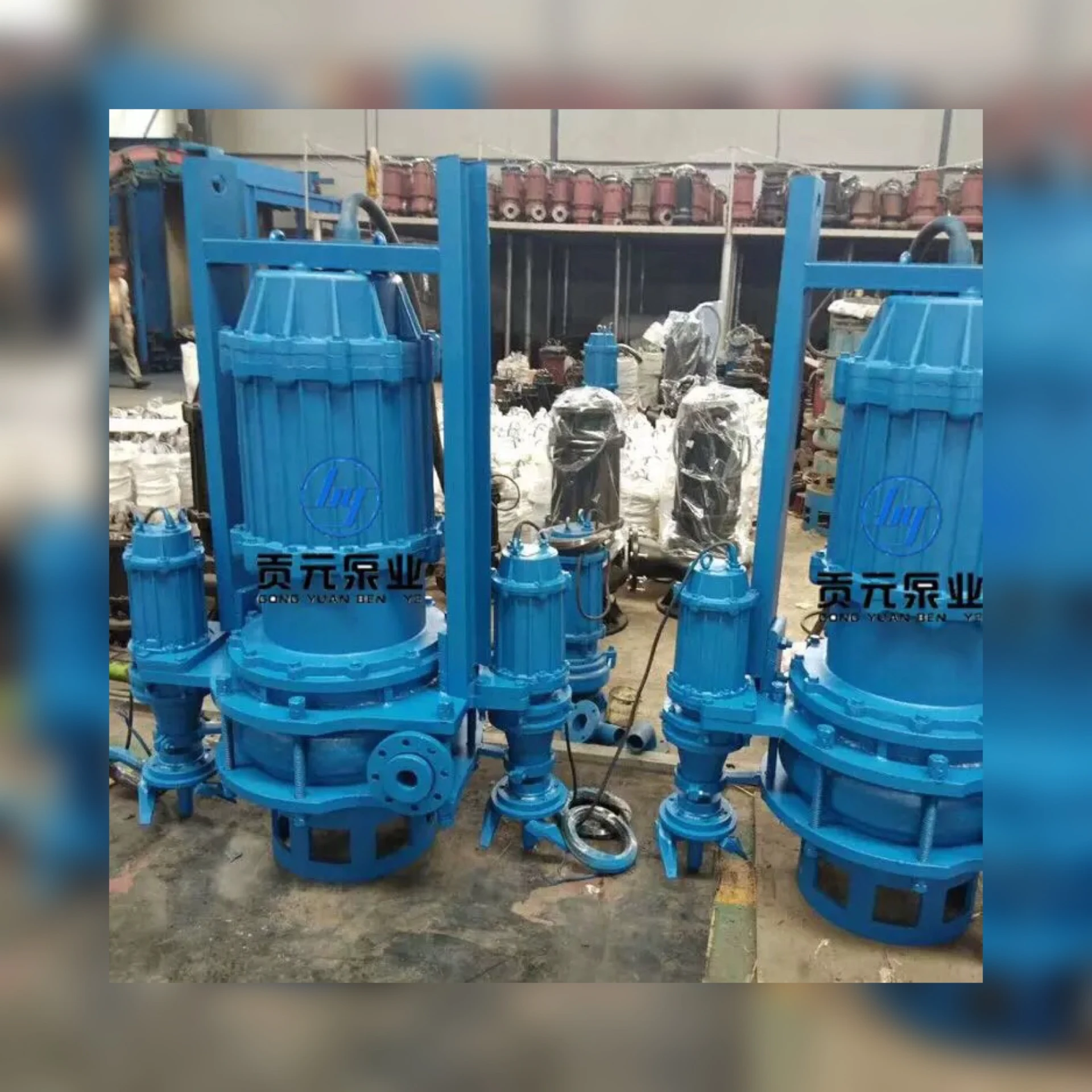igbo
- Afrikaans
- Albanian
- Amharic
- Arabic
- Armenian
- Azerbaijani
- Basque
- Belarusian
- Bengali
- Bosnian
- Bulgarian
- Catalan
- Cebuano
- Corsican
- Croatian
- Czech
- Danish
- Dutch
- English
- Esperanto
- Estonian
- Finnish
- French
- Frisian
- Galician
- Georgian
- German
- Greek
- Gujarati
- Haitian Creole
- hausa
- hawaiian
- Hebrew
- Hindi
- Miao
- Hungarian
- Icelandic
- igbo
- Indonesian
- irish
- Italian
- Japanese
- Javanese
- Kannada
- kazakh
- Khmer
- Rwandese
- Korean
- Kurdish
- Kyrgyz
- Lao
- Latin
- Latvian
- Lithuanian
- Luxembourgish
- Macedonian
- Malgashi
- Malay
- Malayalam
- Maltese
- Maori
- Marathi
- Mongolian
- Myanmar
- Nepali
- Norwegian
- Norwegian
- Occitan
- Pashto
- Persian
- Polish
- Portuguese
- Punjabi
- Romanian
- Russian
- Samoan
- Scottish Gaelic
- Serbian
- Sesotho
- Shona
- Sindhi
- Sinhala
- Slovak
- Slovenian
- Somali
- Spanish
- Sundanese
- Swahili
- Swedish
- Tagalog
- Tajik
- Tamil
- Tatar
- Telugu
- Thai
- Turkish
- Turkmen
- Ukrainian
- Urdu
- Uighur
- Uzbek
- Vietnamese
- Welsh
- Bantu
- Yiddish
- Yoruba
- Zulu
Telephone: +86 13120555503
Email: frank@cypump.com
Dec . 11, 2024 03:19 Back to list
Effective Vacuum Pump Solutions for Slurry Tanker Operations and Management
The Importance of Vacuum Pumps for Slurry Tankers
Vacuum pumps play a crucial role in the efficient and effective transportation of various types of slurry, especially in industries such as agriculture, construction, and wastewater management. A slurry tanker is designed to carry a mixture of solids and liquids, often with challenging levels of viscosity and density. The ability to manage these slurries requires sophisticated technology—chiefly, vacuum pumps that ensure smooth loading, transport, and unloading processes.
Understanding Slurry Tankers
Slurry tankers are specialized vehicles used to transport mixtures of liquids and solids, such as sewage, agricultural waste, and construction byproducts. These tankers are equipped with powerful pumps that create a vacuum, allowing for the efficient transfer of slurry from storage facilities to the tanker and vice versa. The use of vacuum pumps significantly enhances the operational efficiency of slurry tankers, reducing the time and labor involved in the loading and unloading processes.
Function of Vacuum Pumps in Slurry Tanking
The function of vacuum pumps in slurry tankers is to create a pressure differential that facilitates the movement of slurry. When loading slurry, the pump removes air from the tanker, creating a vacuum that allows atmospheric pressure to force the slurry into the tank. This method is not only faster than traditional methods but also minimizes spillage and contamination.
During unloading, the process is similarly efficient. The pump maintains the vacuum inside the tank while allowing the pressure to build up, pushing the slurry out through a discharge line. This capability is vital for minimizing downtime and enhancing the overall productivity of slurry transport operations.
Types of Vacuum Pumps
Several types of vacuum pumps are suitable for use in slurry tankers, each with its own set of strengths and applications. The most common types include
1. Diaphragm Pumps These pumps are known for their reliability and ability to handle corrosive and viscous materials. They work by flexing a diaphragm, creating a cycle that draws slurry in and pushes it out. This makes them ideal for slurries with varying solid content.
vacuum pump for slurry tanker

2. Rotary Vane Pumps This type of pump provides a robust solution for both loading and unloading slurry. They operate using rotating vanes that create a vacuum, suitable for dense slurries.
3. Positive Displacement Pumps These pumps are highly effective for moving slurries with high solid content. They work by trapping a specific volume of slurry and forcing it out. Their design allows for consistent flow rates, essential for maintaining operations in demanding environments.
Advantages of Using Vacuum Pumps
The advantages of using vacuum pumps in slurry tankers extend beyond operational efficiency. Some notable benefits include
- Increased Safety The vacuum method reduces the risk of spillage, ensuring a safer working environment for operators and minimizing environmental contamination.
- Time Efficiency Vacuum pumps can significantly reduce the time taken for loading and unloading operations, which is critical in time-sensitive projects.
- Reduced Labor Costs By automating the transfer process, fewer personnel are required for operations, leading to reduced labor costs and improved resource management.
- Environmental Compliance The controlled nature of vacuum-loading minimizes the risk of leakage and spills, aligning operations with environmental regulations and sustainability goals.
Conclusion
In conclusion, the role of vacuum pumps in slurry tankers cannot be overstated. They are essential for ensuring the efficient and safe transportation of slurry mixtures across various industries. As technology advances, the design and functionality of these pumps continue to improve, enhancing performance and reliability. For industries reliant on the movement of slurries, investing in high-quality vacuum pumps is vital for operational success and sustainability. The future of slurry transport is undoubtedly intertwined with the advancements in vacuum pump technology, making them an indispensable component of modern equipment in this crucial sector.
-
High-Performance Air Pumps for Sand & Gravel | Efficient Transport
NewsAug.03,2025
-
ISG Series Vertical Pipeline Pump - Chi Yuan Pumps Co., LTD.|Energy Efficiency, Corrosion Resistance
NewsAug.03,2025
-
ISG Series Pipeline Pump - Chi Yuan Pumps | Energy Efficiency&Compact Design
NewsAug.03,2025
-
ISG Series Vertical Pipeline Pump - Chi Yuan Pumps Co., LTD.|High Efficiency, Low Noise, Durable
NewsAug.02,2025
-
ISG Series Vertical Pipeline Pump - Chi Yuan Pumps | High Efficiency, Low Noise
NewsAug.02,2025
-
ISG Series Vertical Pipeline Pump- Chi Yuan Pumps Co., LTD.|High Efficiency&Compact Design
NewsAug.02,2025










